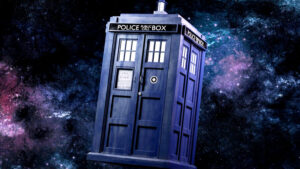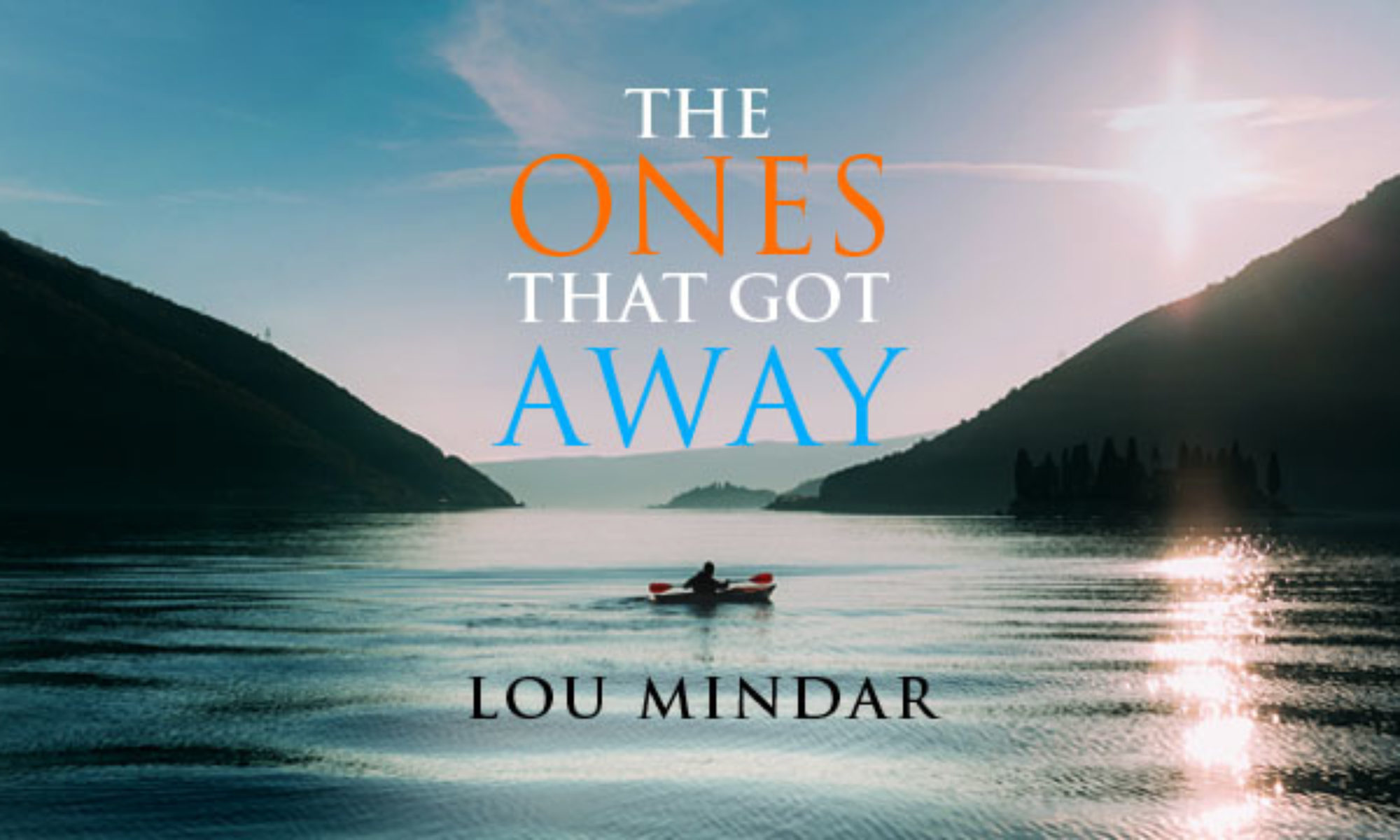 When my ex-wife and I split up, our son was 14-years old. He was just starting high school and was at an age where he was moving from being a momma’s boy to having more interest, and more in common, with his dad.
When my ex-wife and I split up, our son was 14-years old. He was just starting high school and was at an age where he was moving from being a momma’s boy to having more interest, and more in common, with his dad.
At the time, it was heartbreaking on several levels. Not only was my marriage breaking up, but my kid’s family was being torn apart. I felt horrible that I wasn’t able to keep our family together and to provide my children with the stable family life they were used to and which they deserved.
Because of the split, I didn’t get to see either of my kids as much as before. My daughter was off at college and was old enough to view her parent’s separation from a more mature perspective. But my son was at a tender, impressionable age. He didn’t yet have the maturity to adequately deal with the split. That fact haunted me.
Thanks to modern technology, I was able to stay in touch with my son even when I wasn’t physically with him, but it wasn’t the same. I could feel us drifting apart, losing the bond that we had been building, and which had been interrupted by the divorce. I was desperate to find a way to connect with him, to share a common interest, even during those times we weren’t together.
Enter Dr. Who.
In case you’re not familiar, Dr. Who is a BBC TV series that has been airing since 1963. It’s about a Time Lord who travels through space and time, righting wrongs and protecting the innocent from evil villains like daleks, cybermen, Weeping Angels, and other assorted bad characters.
I became aware of Dr. Who when I was about 13-years old. Several of the smarter kids in my middle school were fans and they encouraged me to watch the show, which aired on the local PBS station on Sunday nights. I was not one of the smarter kids, and I was afraid I wouldn’t understand the show. I know that sounds foolish now, but I didn’t want to prove my ignorance to my friends. Instead, I refused to watch the show and voiced my opinion that it was only for nerds. (I was a precocious young lad, wasn’t I?)
Years later, Dr. Who came to Netflix, and my son became a fan. I’d find him binge watching several episodes at a time, and he’d try to explain to me what the Doctor and his various sidekicks were up to. I rarely understood what he was talking about. What was a dalek? Why was the Doctor using a sonic screwdriver? What’s the deal with that magic paper? I didn’t have a clue.
But when my marriage broke up and I was desperate to connect with my son, I started watching Dr. Who. I was surprised that I not only quickly came to understand the show, I actually liked it. The Doctor wasn’t human (He was a Time Lord), but he embodied the best human qualities, like empathy, charity, generosity, and, dare I say, love. The shows were campy science fiction, but they spoke to the deepest hopes and fears and dreams and shortcomings we humans here on earth share.
When I was away from my son and the conversation wasn’t coming as easily as I’d like, we’d talk about Dr. Who. We began mirroring each other’s watch schedules so we could talk about the last show we had each seen. Somehow, through space and time and the magic of television, Dr. Who helped me save, and build, my relationship with my son.
One of my favorite episodes is called “Vincent and the Doctor,” and involves the painter, Vincent Van Gogh. The plot of the story is that the Doctor notices an alien creature in a Van Gogh painting (“The Church at Auvers”), and travels back in time with his pal, Amy Pond, to investigate. They meet Van Gogh, who is the only person who can see the creature, known as a Krafayis (Which might explain Van Gogh’s mental illness), and they ultimately save the day. But the end of the episode is the most touching part of any episode I’ve watched.
The Doctor realizes that Van Gogh dies without ever knowing how popular and respected he would eventually become. He lived a miserable life, full of pain and mental illness, convinced that his art would never amount to anything. So, the Doctor whisks Van Gogh through space and time to an art gallery in Paris that features many of the artist’s paintings. Here’s how the episode ends:
Thank you, Dr. Who, for saving the universe over and over again, and for saving my relationship with my son. I am forever grateful.
